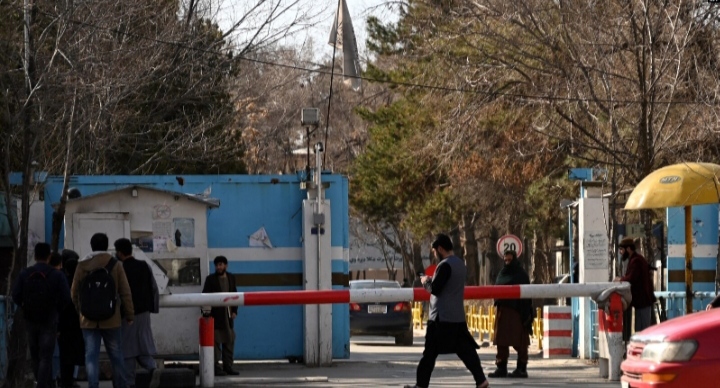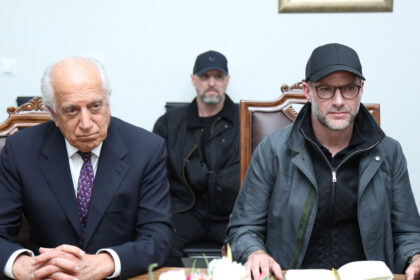RASC News Agency: Afghanistan’s academic and civil sectors are under siege by the repressive and terror-driven policies of the Taliban. In a country where freedom and justice remain under relentless threat, pursuing education, research, and civic engagement has become not only perilous but life-threatening. Scholars and intellectuals face mounting financial and existential risks in the face of this oppressive regime. The Taliban has weaponized its extremist ideology to systematically dismantle the academic fabric of Afghanistan. Under the guise of arbitrary “reforms,” the Taliban’s intelligence network has turned universities into centers of ideological surveillance and coercion. Professors are now subject to mandatory religious examinations aligned with Taliban dogma, while any academic output critical of the regime is harshly suppressed. This calculated campaign serves three core objectives:
The Eradication of Expertise: Removing qualified professionals from academic institutions and replacing them with unqualified, ideologically compliant clerics.
Targeted Persecution: Identifying and eliminating intellectuals through arrests, forced disappearances, or assassinations.
Institutional Indoctrination: Transforming universities into centers of Taliban propaganda, devoid of intellectual diversity or academic freedom.
Academics, journalists, and civil society activists stand at the forefront of the Taliban’s repressive agenda, as their scholarly works and advocacy threaten the regime’s regressive narrative. This crackdown particularly targets modern disciplines such as media studies and social sciences, which the Taliban views as existential threats. Women, too, bear the brunt of this persecution, as the regime systematically dismantles their rights to education and professional advancement.
The crisis has escalated to an unprecedented level, with both public and private universities subjected to sweeping administrative purges. Recently, the Taliban suspended all private university professors, mandating them to reapply for their positions under new ideological criteria. This move has caused significant disruptions across various fields of study, particularly in media and social sciences, decimating the nation’s intellectual and academic infrastructure. The Taliban’s disdain for modern education and its practitioners has led to the obliteration of countless scholarly achievements and the collapse of Afghanistan’s research institutions.
Under this draconian rule, academics face continuous threats, including baseless accusations, arbitrary interrogations, enforced disappearances, and targeted killings. Many have been forced to flee their homeland to preserve their lives, leaving behind a void in Afghanistan’s intellectual landscape. These exiled scholars now call on the international community to provide sanctuary and avenues for them to continue their vital work, which is essential for the global academic community and Afghanistan’s long-term progress.
We, the educators and researchers of Afghanistan, implore the United Nations to take decisive action to address this catastrophic academic and humanitarian crisis. We urge the international community to protect the lives of Afghanistan academics and ensure they can continue their scholarly and civic contributions in exile. Immediate support is essential to prevent the total annihilation of Afghanistan’s intellectual heritage and to uphold the principles of freedom, knowledge, and justice.






